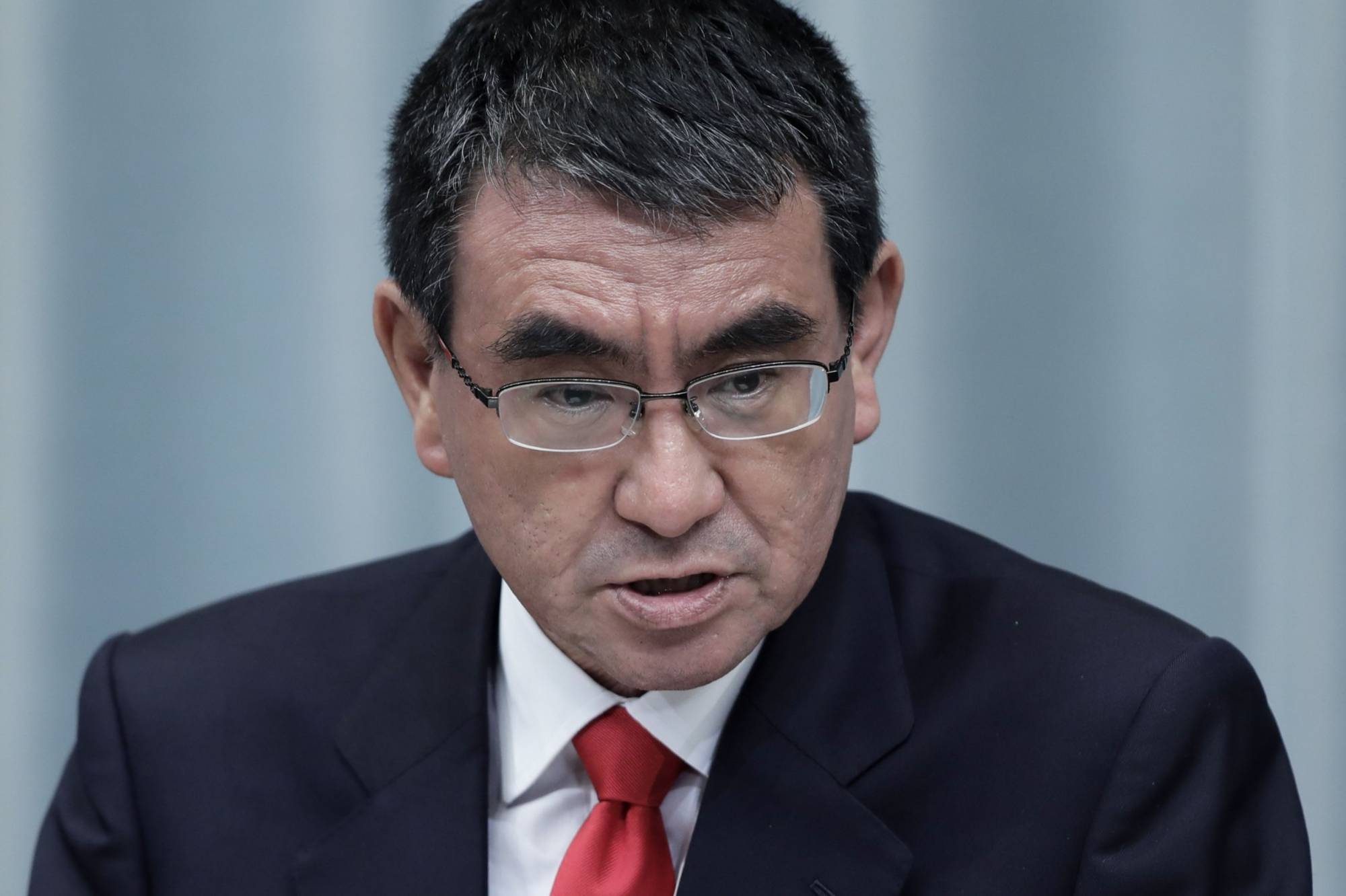Listen carefully, and you can hear a slow crescendo among security specialists calling for Japan’s inclusion in the “Five Eyes” intelligence alliance. Membership makes some sense given this country’s needs and what it can contribute. Two obstacles loom large, however, and while not insuperable, they are formidable.
Membership would be a coup for Tokyo, a declaration of confidence in Japan’s ability to protect information, but joining the exclusive group is no panacea. It will not solve the most important security challenges the country faces.
The Five Eyes emerged from informal intelligence-sharing arrangements between the United States and the United Kingdom that were established during World War II. The brewing confrontation between the West and the Soviet Union prompted those governments to formalize an agreement a year after that war ended that continued the exchange, with Australia, Canada and New Zealand identified as priority partners over other third parties. In 1955, their special status was codified in an updated agreement and those three countries were explicitly distinguished from other members of the Commonwealth.


















With your current subscription plan you can comment on stories. However, before writing your first comment, please create a display name in the Profile section of your subscriber account page.